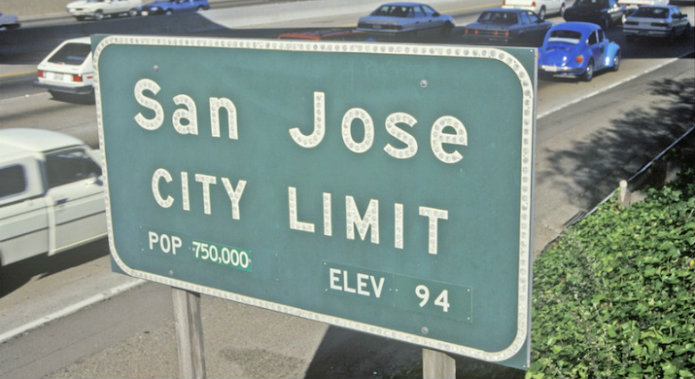Got a small business? Then think San Jose/Sunnyvale/Santa Clara, Detroit/Dearborn, and Denver.
Those are the three top metro areas in a new survey of The Best Small Business Cities in America, from online credit/loan provider Biz2Credit.com. Surprised to find bankrupt Detroit near the top?
“Detroit surprised me, too,” Biz2Credit co-founder and CEO Rohit Arora told VentureBeat, adding that the listing applies to the general metropolitan area. “But the auto industry has come back, and [there are all these] small companies that cater to the auto industry.”
“Another underlying trend,” he said, “is that [some of those] places that had suffered the most are seeing the strongest comeback.” Arora noted that the survey, which doesn’t include VC-backed startups, does include e-publishing, IT, transportation technology, and other tech businesses, as well as non-tech companies.
And how about expensive San Jose?
Some areas like San Jose, he said, are propelled by the overall infusion of cash and “the technology boom.”
New York City, on the other hand, was relegated to seventh place because of its relatively high cost of doing business. Houston was number one last year, but a slowing oil boom apparently drove its slide.
Here’s the top 25:
1. San Jose-Sunnyvale-Santa Clara, Calif.
2. Detroit-Dearborn, Mich.
3. Denver, Colo.
4. Los Angeles-Long Beach-Anaheim, Calif.
5. San Francisco-Oakland, Calif.
6. Las Vegas, Nev.
7. New York City metro area
8. Atlanta, Ga.
9. Washington, DC, metro area
10. Miami-Fort Lauderdale-West Palm Beach, Fla.
11. Riverside-San Bernardino, Calif.
12. Tampa-St. Petersburg, Fla.
13. Sacramento, Calif.
14. Indianapolis, Ind.
15. Houston, Tex.
16. Chicago, Ill.
17. Portland, Ore.
18. Dallas-Fort Worth, Tex.
19. Phoenix-Scottsdale, Ariz.
20. Charlotte, NC
21. San Antonio, Tex.
22. Seattle-Tacoma, Wash.
23. Jacksonville, Fla.
24. Philadelphia, Penn.
25. Orlando-Kissimmee, Fla.
The survey defined a small business as having either less than 250 workers or less than $10 million in annual revenues. It considered both established and new businesses, and Arora pointed out that a lot of activity is represented by people “buying into businesses.”
The list was complied from a weighted average that included average revenue, credit score, age of business, cash flow, debt-to-income ratio, kind of incorporation (i.e., C-Corp or LLC, compared to sole proprietorship) and the business owner’s personal credit scores. The information came from Biz2Credit, credit bureaus and public governmental data.

